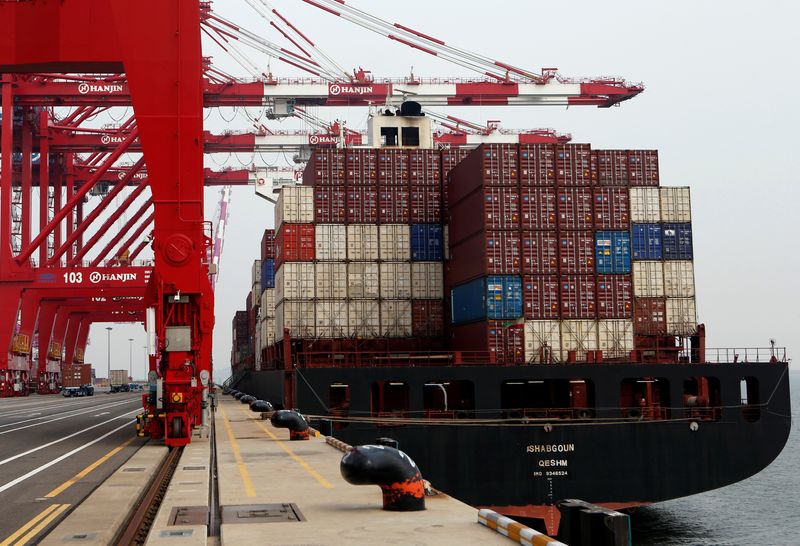By Jamie McGeever
(Reuters) - A look at the day ahead in Asian markets from Jamie McGeever, financial markets columnist.
Sagging stocks and new 2023 year highs for oil will put Asian markets on the defensive on Wednesday, as investors brace for U.S. inflation figures later in the day that will go a long way to determining the Fed's rate decision next week.
Asia's economic calendar is marked by unemployment and import and export prices from South Korea, the latest tankan survey of manufacturing and service sector activity from Japan, as well as Japanese business sentiment and corporate goods prices.
The real fireworks will come after Asian markets close, with the release of U.S. CPI for August. Annual core inflation is expected to ease to 4.3% from 4.7%, but headline inflation is predicted to rise to 3.6% from 3.2%.
This is a tricky one for the Fed. And markets.
With the U.S. labor market still tight by many measures and wage growth still sticky, some of the optimism that inflation was steadily falling toward a 2% handle may turn out to be a little premature.
Concerns over price pressures are being stoked further by the latest spike in oil. Brent crude rose nearly 2% to fresh highs for the year above $92 a barrel on Tuesday, and is up almost 30% since the end of June.
Year-on-year oil prices are now turning positive for the first time this year, something investors and policymakers could do without. Wall Street stocks closed in the red on Tuesday.
Japan's stocks and exchange rate unwound some of Monday's knee-jerk moves triggered by surprisingly hawkish signals from Bank of Japan Governor Kazuo Ueda over the weekend. That saw the yen weaken back below 147.00 per dollar and the Nikkei 225 index jump nearly 1% on Tuesday.
Perhaps more tellingly, however, the 10-year Japanese Government Bond yield didn't retrace any of its move on Monday, and inched up to a new 10-year high of 0.72%. The cost of money in the world's third largest economy is rising.
In China, there was some good news for beleaguered property developer Country Garden, as the firm won approval from its creditors to extend repayments on six onshore bonds by three years. But the relief appears already to be fizzling out.
Shares in the country's largest developer jumped as much as 10% on the news, only to close the day up just 4%. The company's market cap has been virtually wiped out over the last few years, and intraday swings like this are ultimately meaningless.
China's real estate sector is the most likely source of a global systemic credit event, according to Bank of America's September fund manager survey, which also found investor sentiment on the global economy outside China was improving.
According to a Reuters poll of economists, China's economy will grow less than previously thought this year and next, with risks still skewed to the downside.
Here are key developments that could provide more direction to markets on Wednesday:
- South Korea unemployment (August)

- Japan tankan survey (August)
- Japan business sentiment index (Q3)
(By Jamie McGeever; Editing by Josie Kao)